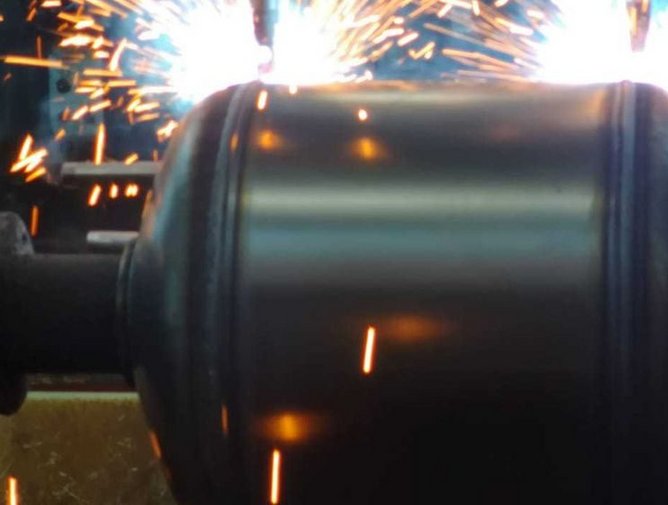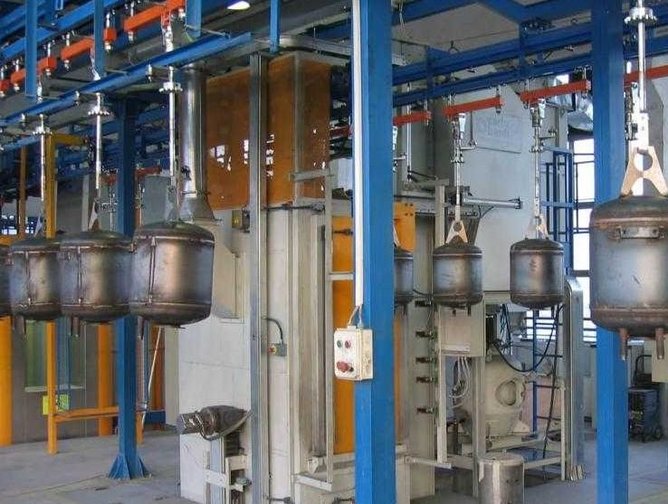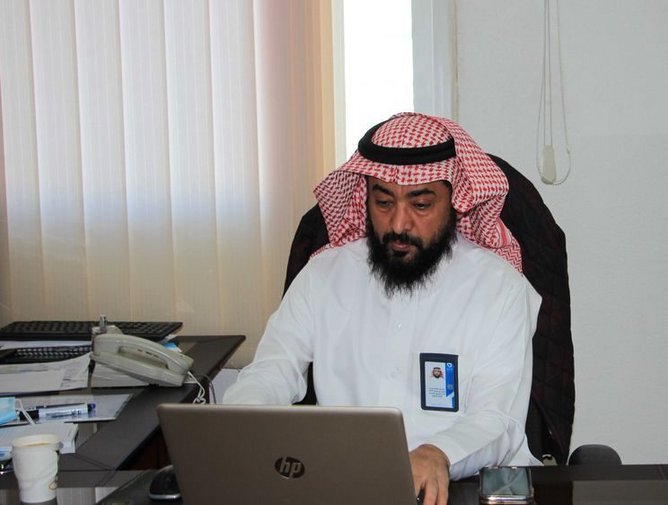Aljazierah Home Appliances: Digitalisation of Supply Chain Operations During Pandemic
When you consider the new norms and values established in 2020, I don’t doubt that you consider COVID-19 to have been the dictator that defines them; and, it’s certainly the case that the global pandemic has been an influencing factor, but we would be amiss to claim that it is the only one. In fact, the true defining factor of this year has been the genius of human innovation and adaptability ─ especially when it comes to supply chain operations. It’s the collaborative efforts between individual humans at different stages of the supply chain that truly made the difference as the world stood in the looming shadow of adversity.
A man who knows all about that unity through collaboration is Naiyer Hussain, the Supply Chain Director of Aljazierah Home Appliances, manufacturer & retailers of Home Appliances & HVAC equipment ranging from water coolers and heaters to refrigeration units and freezers across Saudi Arabia and the Middle East.
“Aljazierah was started in 1968 by the late Mohamed bin Abdulaziz Al Rajhi, a visionary entrepreneur. It was the very first factory of its kind in the Middle East to produce home appliances. Today, Aljazierah has nine production facilities for water heaters, water coolers, evaporative coolers, gas cookers, refrigerators, washing machines and plastic components. Our products are well known in Saudi Arabia, and we are now exporting products to almost all of the Middle Eastern markets. We have also expanded into the African markets, through the use of one production factory in Sudan,” Naiyer told Supply Chain Digital.
Although Aljazierah was the first manufacturer of its kind in Saudi Arabia and the Middle East, it’s no longer alone in its particular marketplace ─ in fact, it has global competition. To the question of, “what put’s Aljazierah ahead of its competitors”, Naiyer succinctly stated that “the leadership and vision of the CEO, CFO, and Vice President are all vital to Aljazierah’s success in our respective markets, and those three individuals underpin the reason why we’re ahead of the competition, right now. As it stands, we’ve successfully nurtured strong partnerships with both our customers and our suppliers, which ensures that both ends of our businesses supply chain remain on-top. As a company, we also have a tendency to explore options and find multiple solutions to the problems that we may face; we treat each problem as a case study and the executive arm of the organisation put in the hours to brainstorm and come up with probable solutions together, as a team.”
When it comes to the supply chain operation of any organisation with the size and scope of Aljazierah, many industry-leading companies choose to either use one supplier that can provide all of their goods and services, or they go the other route and use several, working in unison. In Aljazierah’s case, Naiyer told us that “we are made up of several interdependent global partners. All our suppliers are highly skilled and professional in their areas. They keep the high value of partnership agreements, and continuously work on product innovation and process optimisation, for the sake of our customers.”
On the subject of COVID-19 ─ the elephant in the room, really ─ it often seemed that Asia, Europe, and the Americas were hit hardest by the virus. Naiyer revealed that “Saudi Arabia also had COVID-19 cases and the government implemented curfews and highly restricted everybody’s movement from March 21st, onwards. Considering the fact that the pandemic had been rife in China since December of last year, Aljazierah was already on high alert with the intention of mitigating any supply chain risks.”
“We started moving inventory to regional warehouses to balance the risk, and we also made arrangements within factory premises for the rest of the workers to work in regulated, safe conditions, so protect each individual whilst also preventing the spread of infection throughout our labour force,” the Supply Chain Director added. It’s clear that Naiyer, just like every other leader in the field, didn’t want to lose human resources to the virus, given that “expected shortages of materials and services were already the biggest challenge ─ and a major pressure for me, personally. Aljazierah had to ensure the safety of our people whilst also maintaining a constant flow of goods so that our stocks didn’t bottom-out. We oversaw a reduction in work timing from 18 hours to just six hours for logistics and warehousing projects. It was a challenging time, but, again, good teamwork and collaboration got us through it.”
You’ve most likely heard the claim before, but many professionals across the supply chain industry and its subsidiaries, have been suggesting that digital transformation accelerated by approximately a decade in 2020 alone, due to the innovations that had to take place to ensure business continuity and survival at the height of the pandemic. To this, Naiyer told us that he “absolutely agrees with the notion that COVID has accelerated the digitalisation process in almost all sectors. Prior to the pandemic, there was already a conceptual shift towards digital, but when the world went into isolation, the pace of that digital transformation accelerated ten-fold so that companies could adapt to a world in lockdown. Without digital tools and technologies, it would have been impossible to continue running the show.”
“In truth, we were not fully prepared at Aljazierah. We lacked many tools, but our team used their experiences and skills to work under abruptly changing environments. We made many decisions to reduce the impact of the pandemic on our business ─ but minimal damage was unavoidable. To ensure that we provided our customers with our essential services, we obtained permits and licenses from the Saudi Arabian government, so that we could continue operations during the lockdown, and we had to obtain police permits for the transportation of goods and workers ─ we even relocated to areas outside of containment zones,” Naiyer added.
Naiyer shared that Aljazierah would be looking to implement any of the tools and technologies that the company was previously lacking and emphasised the importance of them when he told us that “digitalisation in supply chain is required for improved decision-making capabilities, which allows companies to bridge the gaps across end-to-end supply chains. Also, micro-segmentation with digitalisation increases the overall profitability of operations across the chain by allowing for more actionable, targeted choices that will ─ theoretically ─ have a positive effect on the overall supply chain management experience.”
The Director was quick to add that it isn’t only about implementing the tools, though. At Aljazierah, as with every other company around the world, they also need to embrace the technology, “because it makes our business process easier, and we can then replicate our goals into digital advancement and reposition the tech for remote handling. This must also collaborate with our business model, reduce cost, and save time.”
In the coming years, if the world continues to struggle with unexpected viruses and natural disasters, it’s likely that the new norms of 2020 will remain. Now, at the height of lockdown, global supply chain networks struggled with the spike in demand for products purchased through eCommerce ─ a problem that will potentially continue into the New Year and further. Naiyer told us that “eCommerce sites alongside traditional sales channels and showrooms have made the supply chain more complex and, due to the convenience of the amalgamation, we now have to deal with higher customer expectations for faster deliveries. Managing customer expectation is the biggest challenge that we will all face moving forward ─ an additional step that increases the complexity for upstream and downstream partners along our networks.”
Naiyer’s final comment to Supply Chain Digital provided some wisdom that the many C-Suite executives could do with following; to the question of leadership and managing a company through a time of volatility and uncertainty, he said, “I am trying to keep calm during this crisis. I still sometimes get stressed during a period of crisis, as you might expect, but if you can keep a cool head, you can strategise around the negatives. Aljazierah intends to keep production running, avoiding stoppage and minimising downtime; while doing so, it is important to recognise the reality of the situation and acknowledge that all companies have limitations. The team here makes each crisis into a case study and, together, through collaboration, we fix it so that the next time a similar situation occurs, we are prepared to tackle it.”





